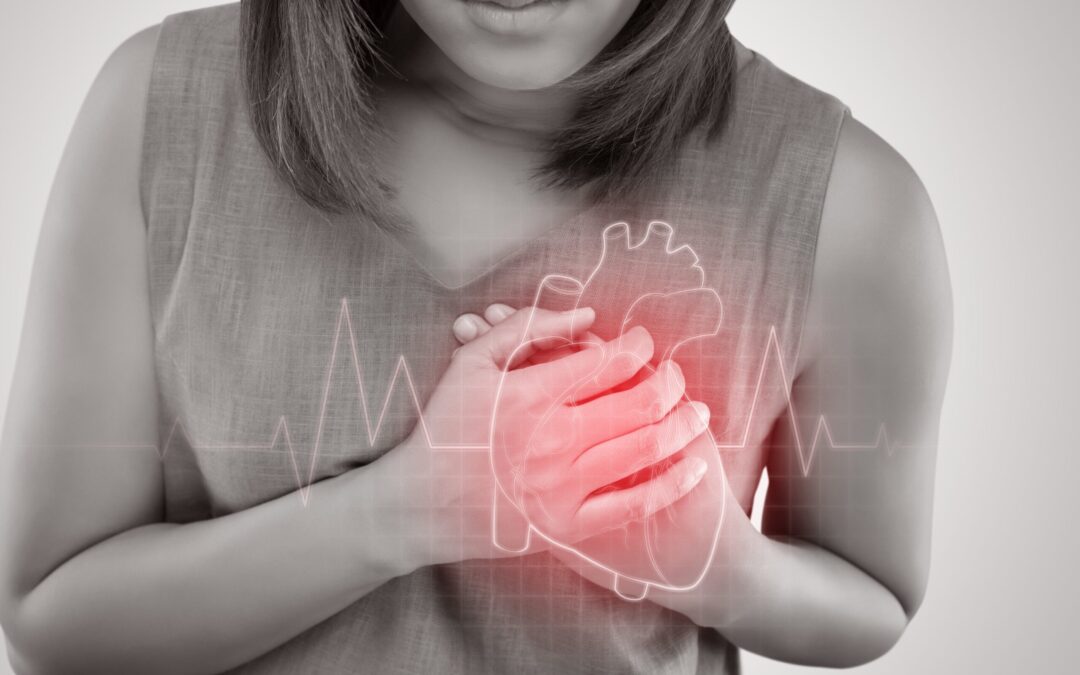Drug and alcohol addiction don’t just shatter lives socially and mentally, they also have profound impacts on physical health, particularly heart health. One of the most severe cardiac complications associated with substance abuse is cardiac arrest, a medical emergency that requires immediate attention. In this blog post, we aim to shed light on the relationship between drug and alcohol addiction and cardiac arrest, providing essential knowledge for prevention, intervention, and recovery.
Understanding Cardiac Arrest
Before delving into the connection between addiction and cardiac arrest, it’s vital to understand what cardiac arrest entails. Contrary to popular belief, cardiac arrest and heart attack are not the same. Cardiac arrest refers to the abrupt loss of heart function, usually resulting from an electrical disturbance in the heart that disrupts its pumping action, stopping the blood flow to the rest of the body.
Drug Addiction and Cardiac Arrest
Many illicit substances significantly increase the risk of cardiac arrest. Stimulants like cocaine and methamphetamines can cause a rapid heartbeat, high blood pressure, and coronary artery spasms that can lead to sudden cardiac arrest.
Opioids, including prescription painkillers and heroin, can cause a slowing down of the body’s functions, including heart rate and breathing. In the event of an overdose, breathing may slow to a dangerous level, depriving the heart of the necessary oxygen, which can lead to cardiac arrest.
Alcohol Addiction and Cardiac Arrest
Chronic heavy drinking has a direct, damaging effect on the heart. It can lead to conditions like high blood pressure, irregular heartbeat (arrhythmia), and cardiomyopathy, a disease of the heart muscle that makes it harder for the heart to pump blood to the rest of the body. These conditions significantly increase the risk of cardiac arrest. Furthermore, binge drinking episodes can lead to acute alcohol poisoning, which can, in turn, cause cardiac arrest.
Prevention and Intervention
Understanding the risks is the first step towards prevention and intervention. Prevention strategies should focus on education about the risks associated with substance abuse, early detection of substance abuse behaviors, and promoting healthy lifestyle choices. For those already grappling with addiction, it’s critical to seek professional help promptly.
Reversing the effects of substance abuse on the heart is possible with abstinence, but it requires time and professional guidance. Various therapies, support groups, and medical interventions can assist in the journey towards recovery.
In terms of intervention, it’s essential to recognize the signs of cardiac arrest, including sudden loss of responsiveness, absence of normal breathing, and lack of pulse. If someone is experiencing these symptoms, especially if they have a history of drug or alcohol abuse, call for emergency medical help immediately. Prompt use of an Automated External Defibrillator (AED) can be life-saving.
Recovery and Beyond
Recovery from addiction is a long-term process that requires significant lifestyle changes, including adopting heart-healthy habits. Regular exercise, a balanced diet, stress management, and regular medical check-ups are important. It’s also crucial to maintain a strong support network and work closely with mental health professionals throughout the recovery process.
Conclusion
The connection between drug and alcohol addiction and cardiac arrest underscores the severe physical consequences of substance abuse. As we work towards reducing addiction in our society, we must also focus on educating individuals about these potential health risks and promoting healthy habits that protect heart health. In understanding the complexity of addiction, we can better equip ourselves to fight it, improving not only societal health but also the heart of our communities.

